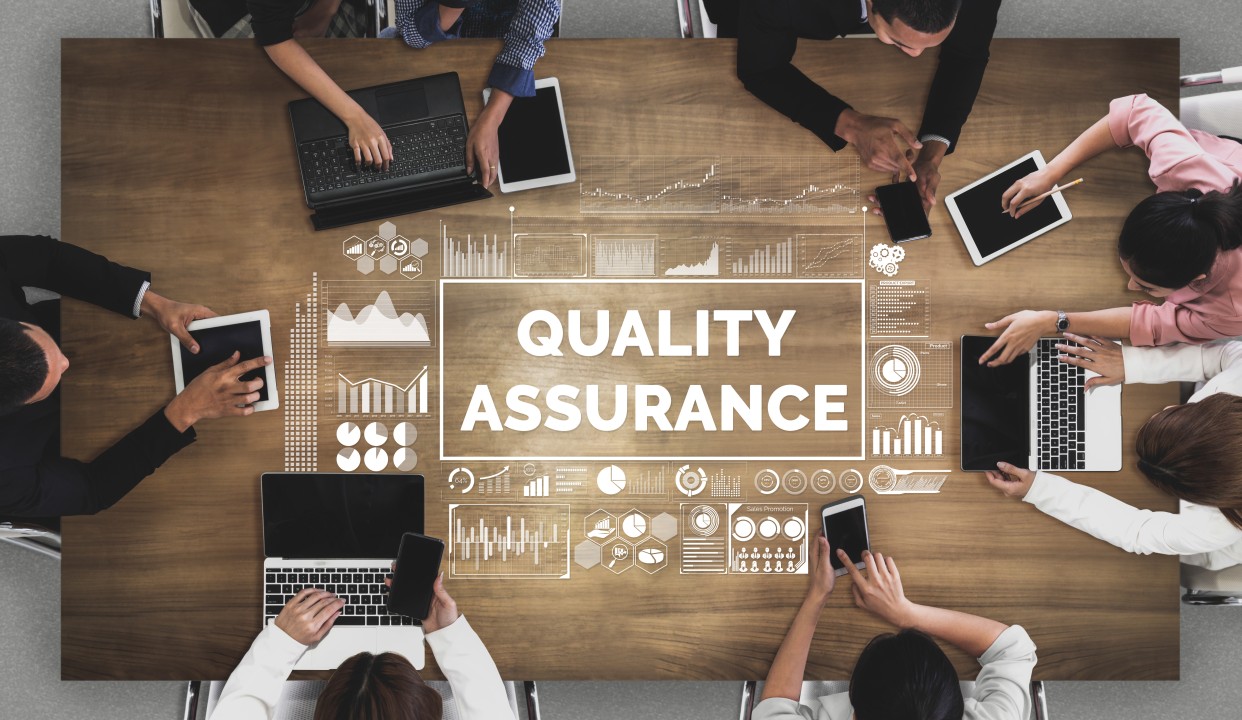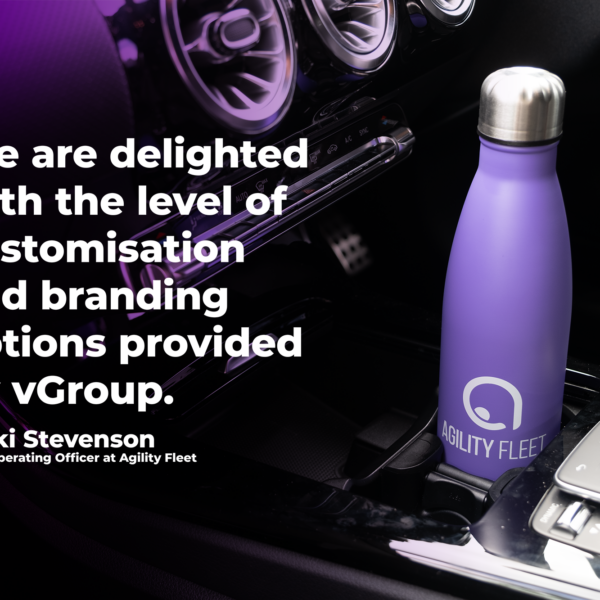Failure to provide a suitable product or service to a customer can result in immediate negative impacts. Product and service failures can result in the loss of time, money, potentially the loss of repeat or future business and even impact a business’ reputation indefinitely. These are all things every business obviously wants to avoid and are the reason why a well implemented and maintained management system is so critical.
The role of quality within a business is to implement and maintain the management systems. These are most commonly used today to reduce the chance of products or services failing and thus reducing the chance of these potential negative impacts occurring. Due to this, the scope and interaction of quality within an organisation can be quite vast and touch almost every department, product, supplier and customer within a business.
The management systems handled by quality are often designed to provide the resources and processes to reduce the chances of products and services failing, this could be by working with departments to provide them with instructions on how to undertake particular tasks, obtaining and understanding the expectations and requirements of a customer or ensuring that suppliers are providing the correct products or services that meet all legislation, regulations as well as the customer requirements. As such the quality of a business’ processes and systems within their management systems are paramount. If the right processes are not in place or systems are not being followed this can easily and quickly lead to the products and services being incorrect which will quickly lead to unintentional negative results.
However, another key responsibility of quality is to take advantage of these unfortunate negative results, as like most of us have been taught in the past and many people have quoted in some form or other, mistakes are great opportunities to learn and improve. As such a good quality team will take the opportunity of using mistakes and failures to provide opportunities for the business to learn and push forward improvement whether that is improving the management systems themselves or identifying opportunities for staff and departments to develop and improve.
Over the last few years quality has become less solely focused on the conformity of products, services, processes and systems. It has begun to incorporate the major consideration of the environment impact a business has. Going forward this integration will continue to grow and develop as environmental management systems become far more common place and expected of companies to prove they are taking the environment and their impact to it into consideration.
One of the biggest growths within the quality industry has been the awareness of sustainability especially when it comes to the environmental impact of businesses and their measurable carbon footprint.
There is still a long way to go with business sustainability, especially within the measuring, control and allocation of a business’ carbon footprint. Guidance and regulations to support companies across the country and even the world to ensure we all have consistent and effective methods of managing our carbon footprint are limited, however we anticipate this rapidly changing in the next few years as standardisation for the management of an organisation carbon footprint will likely come into place.
vGI Holdings and its subsidiary businesses have robust quality processes in place, the validation of which is clear with our ISO certifications. Our effortless drive to meet and exceed sustainability targets will be spearheaded by our Quality Department, working in harmony with all departments and we look forward to the future and adapting to new operational practises.




